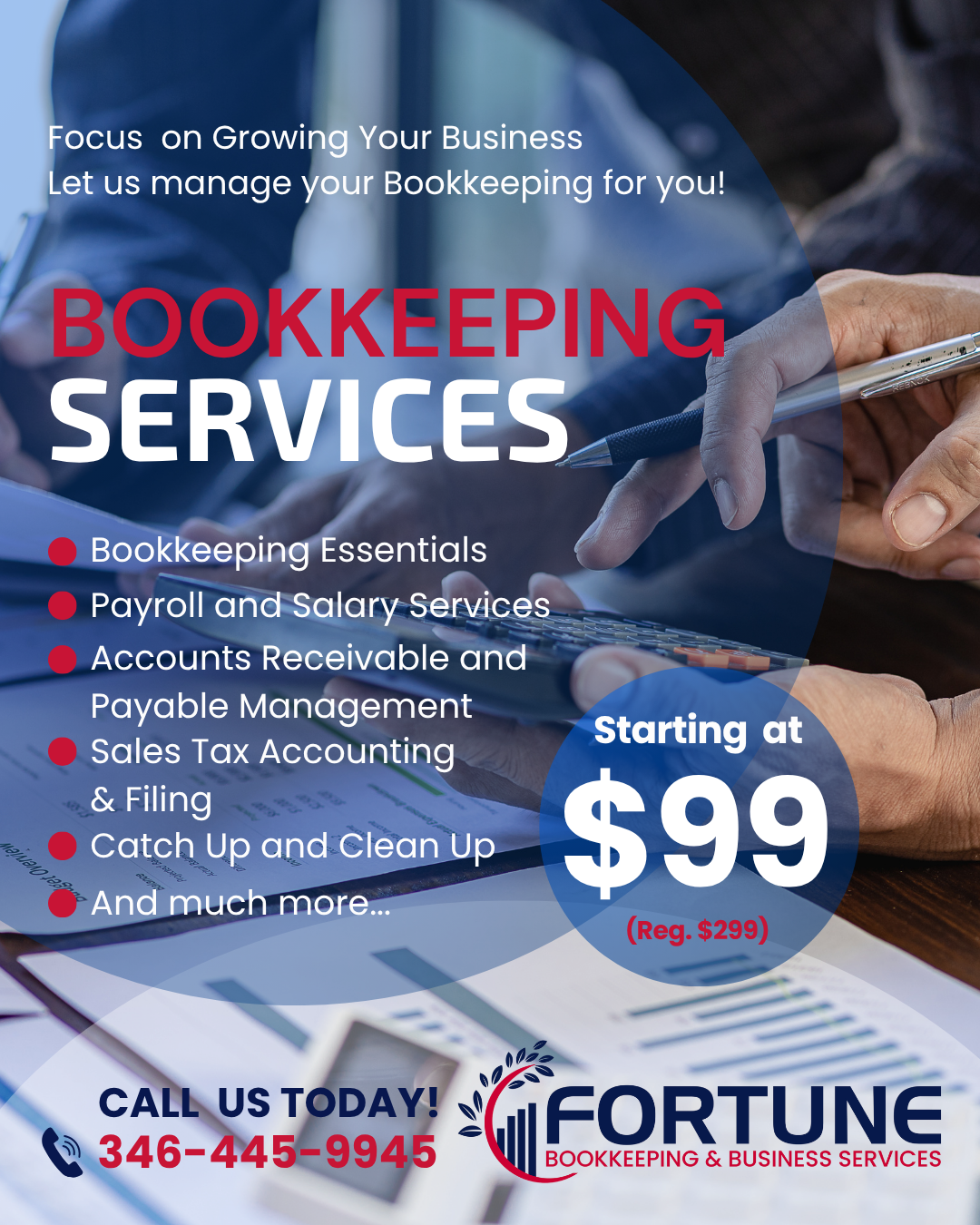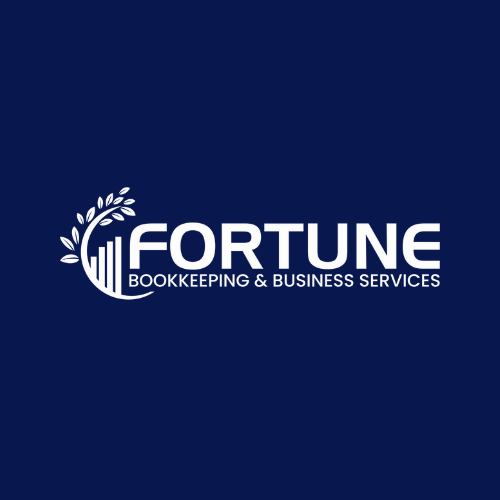Creative Tax Deductions for Small Businesses A Comprehensive Guide

Creative Tax Deductions for Small Businesses A Comprehensive Guide
Running a small business comes with numerous expenses, and many entrepreneurs miss out on valuable tax deductions that could significantly reduce their tax burden. The key to maximizing your tax savings lies in understanding which expenses qualify as legitimate business deductions and how to properly document them. This comprehensive guide explores both common and creative tax deductions that small businesses can take advantage of in 2025.
Understanding the Basics of Business Tax Deductions
Before diving into specific deductions, it's crucial to understand what qualifies as a legitimate business expense. According to the IRS, business expenses must be both "ordinary and necessary" for your trade or business. An ordinary expense is one that is common and accepted in your industry, while a necessary expense is one that is helpful and appropriate for your business operations.
Traditional Business Deductions You Shouldn't Miss Home Office Deduction
The home office deduction remains one of the most valuable write-offs for small businesses. For 2025, you can deduct $5 per square foot of space used exclusively for business, up to 300 square feet (maximum deduction of $1,500). To qualify, your home office must meet three key requirements:
• The workspace must have clearly defined boundaries
• It must be your regular place of business
• You must conduct important business activities from this space
Only self-employed individuals, independent contractors, and business owners who run part of their business from home can claim this deduction. Employees working remotely cannot claim the home office deduction for tax years 2018 through 2025 due to the Tax Cuts and Jobs Act.
Vehicle Expenses
Vehicle expenses offer substantial deduction opportunities through two methods. The standard mileage rate for 2025 is 70 cents per mile for business use. Alternatively, you can use the actual expense method, deducting the business portion of gas, maintenance, insurance, and depreciation. At the 2025 rate, driving just 100 business miles weekly equals $3,640 in annual deductions.
Professional Development and Education
Continuing education expenses are often overlooked but can provide significant tax benefits. You can deduct costs for courses, seminars, certifications, and training materials that maintain or improve skills required for your current profession. This includes:
• Course fees and tuition
• Books and educational materials
• Professional certifications and licensing fees
• Travel expenses for educational events However, education cannot qualify you for a new trade or business.
Creative and Often-Overlooked Deductions
Software and Technology Expenses Business software is generally 100% deductible if used exclusively for business purposes. This includes:
• Accounting and bookkeeping software
• Project management tools
• Customer relationship management (CRM) systems
• Antivirus and security software
• Cloud storage services
For software costing $2,500 or less, you can write it off immediately as a business expense. For more expensive software, you can either use Section 179 deduction or depreciate it over time.
Website and Digital Presence
Your website and online presence are essential business assets with various deductible expenses:
• Domain registration and renewal fees
• Web hosting services
• Website design and development costs
• SSL certificates and security features
• SEO services and online advertising
These expenses are generally deductible as advertising or office expenses, depending on how you categorize them.
Business Gifts and Client Appreciation
While limited, business gifts can be deducted up to $25 per person per year. However, you can work around this limitation by:
• Adding your logo to gifts, transforming them into advertising expenses (100% deductible)
• Deducting incidental costs like shipping, packaging, and engraving separately
• Providing company-wide events and meals, which are often 100% deductible
Startup Costs
New businesses can deduct up to $5,000 in startup costs in their first year, provided total startup expenses don't exceed $50,000.
Qualifying startup costs include:
• Market research and analysis
• Legal and accounting fees for business formation
• Initial advertising and marketing expenses
• Equipment and office setup costs
Any remaining costs can be amortized over 15 years.
Advanced Tax Strategies for 2025
Section 179 Deduction For 2025, the Section 179 deduction allows businesses to deduct up to $1,250,000 in qualifying equipment purchases, with a phase-out threshold of $3,130,000. This applies to:
• Office furniture and equipment
• Computer hardware and software
• Machinery and tools
• Certain vehicles used for business
Bonus Depreciation
Under current tax law, bonus depreciation allows businesses to deduct a significant portion of qualifying asset costs in the first year. This allows immediate deduction of qualifying assets rather than depreciating them over several years.
Research and Development Tax Credits
Small businesses engaged in R&D activities can claim federal tax credits for qualifying expenses. These credits can provide substantial tax savings for businesses investing in innovation and development activities.
Insurance and Professional Services Business
Insurance Premiums
Most business insurance premiums are fully deductible as ordinary and necessary business expenses. This includes:
• General liability insurance
• Professional liability (E&O) insurance
• Commercial property insurance
• Workers' compensation insurance
• Business interruption insurance
• Cyber liability insurance
Health Insurance for Self-Employed
Self-employed individuals can deduct 100% of health insurance premiums paid for themselves, their spouse, and dependents. This "above-the-line" deduction reduces your adjusted gross income and doesn't require itemizing deductions. To qualify, you must be self-employed with a net profit and not have access to employer-sponsored health coverage.
Bad Debt Deductions
Businesses using accrual accounting can deduct bad debts when they become partially or completely worthless. To qualify, you must:
• Establish a legitimate debtor-creditor relationship
• Previously include the amount in your taxable income
• Demonstrate reasonable collection efforts
• Document that the debt is truly worthless
Charitable Contributions
Business structure affects how charitable contributions are handled:
• C corporations can deduct charitable contributions with total deductions capped at 10% of taxable income
• Pass-through entities (partnerships, S corporations, LLCs) pass the deduction through to owners' personal returns
• Sole proprietors report charitable deductions on their personal Schedule A
Meals and Entertainment
Current tax law allows 50% deduction for business meals when they meet specific criteria:
• The meal must have a legitimate business purpose
• You or an employee must be present
• The meal cannot be lavish or extravagant
• It must be with a business associate
Entertainment expenses (sports tickets, concerts, etc.) are generally not deductible.
Record Keeping and Documentation
Proper documentation is crucial for claiming deductions. The IRS requires you to maintain records showing:
• Amount of each expense
• Date of the expense
• Business purpose
• Business relationship of persons involved
The IRS requires written records for all business expenses exceeding $75. Keep receipts, invoices, bank statements, and canceled checks for at least three years after filing your return, or seven years for bad debt deductions.
Conclusion
Maximizing your small business tax deductions requires understanding both common and creative opportunities available to you. By implementing these strategies and maintaining proper documentation, you can significantly reduce your tax liability while investing in your business's growth and success. Remember that tax laws change frequently, so consult with a qualified tax professional to ensure you're taking advantage of all available deductions while remaining compliant with current regulations.
The key to successful tax planning is staying informed about available deductions and maintaining meticulous records throughout the year. With proper planning and documentation, these creative tax deductions can provide substantial savings that can be reinvested into growing your business.
References
Internal Revenue Service. (2025). Publication 535: Business Expenses. U.S. Department of the Treasury.
https://www.irs.gov/publications/p535
Internal Revenue Service. (2025). Home Office Deduction. U.S. Department of the Treasury.
https://www.irs.gov/businesses/small-businesses-self-employed/home-officededuction
Internal Revenue Service. (2025). Standard Mileage Rates. U.S. Department of the Treasury.
https://www.irs.gov/newsroom/irs-issues-standard-mileage-rates-for-2025
Internal Revenue Service. (2025). Section 179 Deduction. U.S. Department of the Treasury. https://www.irs.gov/businesses/small-businesses-self-employed/section-179- deduction
Internal Revenue Service. (2025). Bonus Depreciation. U.S. Department of the Treasury. https://www.irs.gov/businesses/small-businesses-self-employed/bonusdepreciation
Internal Revenue Service. (2025). Self-Employed Health Insurance Deduction. U.S. Department of the Treasury. https://www.irs.gov/businesses/small-businesses-selfemployed/deducting-business-expenses
Internal Revenue Service. (2025). Business Gift Deductions. U.S. Department of the Treasury.
https://www.irs.gov/businesses/small-businesses-self-employed/business-giftdeductions
Internal Revenue Service. (2025). Startup Costs. U.S. Department of the Treasury. https://www.irs.gov/businesses/small-businesses-self-employed/startup-costs
Internal Revenue Service. (2025). Bad Debt Deduction. U.S. Department of the Treasury. https://www.irs.gov/businesses/small-businesses-self-employed/bad-debtdeduction
Internal Revenue Service. (2025). Recordkeeping. U.S. Department of the Treasury. https://www.irs.gov/businesses/small-businesses-selfemployed/recordkeeping
Internal Revenue Service. (2025). Charitable Contributions. U.S. Department of the Treasury. https://www.irs.gov/charities-non-profits/charitable-organizations/charitablecontribution-deductions
Internal Revenue Service. (2025). Business Meals. U.S. Department of the Treasury. https://www.irs.gov/businesses/small-businesses-self-employed/businessmeals
Small Business Administration. (2025). Tax Deductions for Small Businesses. U.S. Small Business Administration.
https://www.sba.gov/business-guide/manage-yourbusiness/tax-deductions
Tax Foundation. (2025). Research and Development Tax Credits.
https://taxfoundation.org/research-development-tax-credits/
National Association of Tax Professionals. (2025). Small Business Tax Deduction Guide.
https://www.natptax.com/small-business-tax-deductions

Find the Right Bookkeeping Solution for Your Business
Starting at (Reg.$299)
$99
Every business has unique financial needs, and we're here to provide the precise support that drives your success.
Let's discuss your specific goals in a no-obligation consultation.










